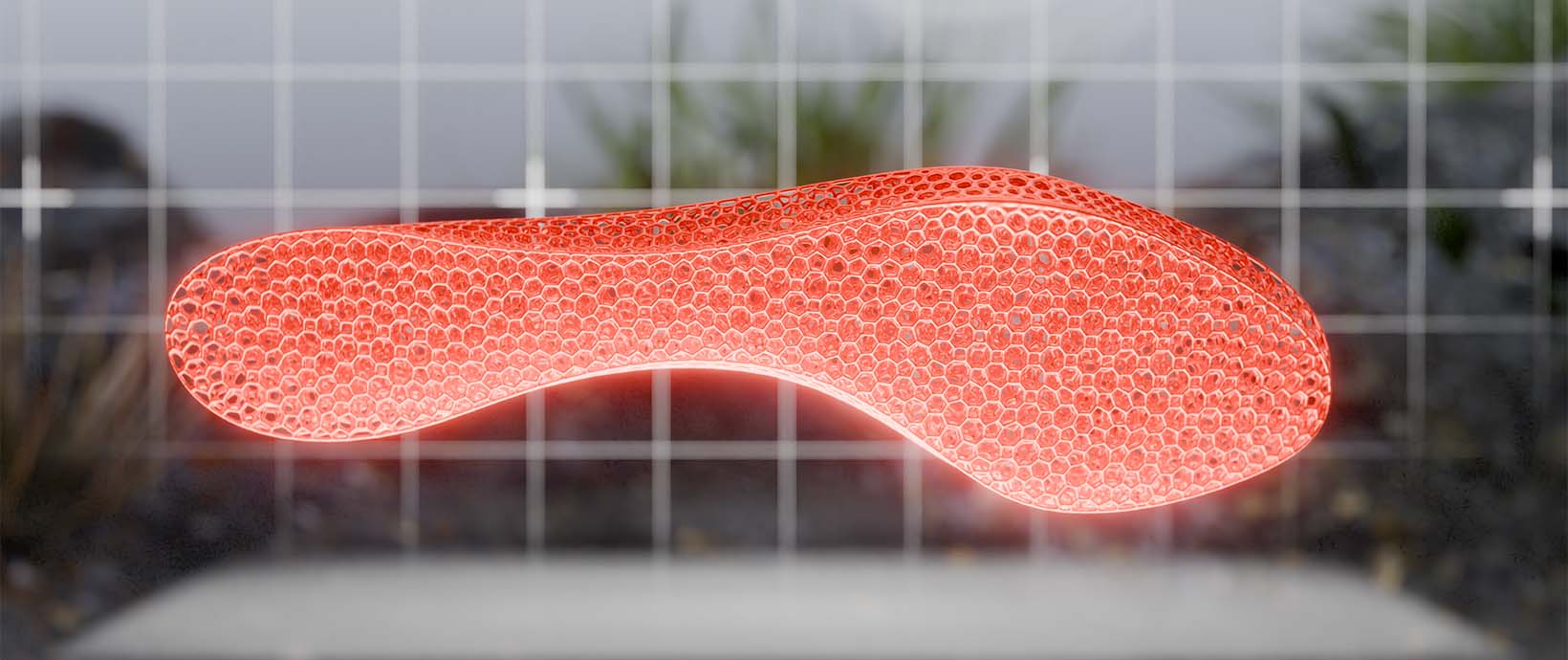Future Says S5E3 Recap: Meeting Standards in the New-Look Automotive Industry
There’s something interesting about Karma Automotive’s Jada Smith, our latest guest in Future Says season five. A seasoned expert who’s been in the automotive industry for more than 15 years, she’s probably not the type of person you’d expect. “The funny thing is, I’m not a ‘car person’ even though I’ve been in the industry for so long,” she says. “I like to drive, but I’m a technology person, not a car person.”
Fair enough. After all, the automotive industry has transformed so much in recent years that new cars are often compared to computers and the concept of the “software-defined vehicle” has forced automakers to change the way we’ve thought of automobiles for decades. In that sense, Smith’s fondness for technology is exactly what the industry is looking for.
In many ways, Smith’s background has positioned her well for an era of automotive where technology and sustainability are two of the industry’s pivotal touchstones. “I have a technical background, actually, in software engineering and systems – all within the automotive industry,” Smith says. In her role as Karma’s senior vice president of product strategy and delivery, she’s responsible for three main things: execution (meeting cost and timing targets); advanced engineering (identifying technology and aligning it to upcoming vehicles); and product planning (identifying and meeting customer demands and catering to specific market segments). These are especially vital responsibilities for an automotive company that has a very specific target market: the high-end electric vehicle (EV) market. In Smith’s words, “We are the ultra-luxury EV brand. We’re not trying to be mass market.”
Technology: Defining a New Era of Automotive
Going back to the first of auto’s most prescient challenges – technology – Smith says that software is a massive part of what defines high-end vehicles like Karma’s. That’s to say that a vehicle without the latest cutting-edge software can’t really be considered “high-end.” This is a challenge Karma knows well, and something she says their team has stayed on top of from the start. “Our designers were very smart and embedded over-the-air updates (OTA) from the beginning. We OTA everything. Our software is structured to enable that,” she says.
Moreover, Smith says data analytics is now an invaluable part of the vehicle life cycle, from concept to in-service operation. “Our fleet is fully connected. That means we can talk to every single vehicle in our fleet, gather data from our fleet, and use that data to improve the next generations of our vehicles,” she says. “Having that data allows us not to take steps in our technology, but leaps.” Data, she points out, is still something the industry – even its largest players – are still trying to adopt on a global, enterprise-scale level. “I think in the automotive industry we’ve not really embraced data analytics and artificial intelligence (AI) as much as we should have. I think the possibilities are endless in what we can use it for.” She believes that the goal, as in other industries, is simple: to speed the development of better products and get them to market quicker.
Sustainability and Regulation: Defining the Industry
Smith emphasizes that the use of more advanced technology – including data analytics but also extending into other areas like digital twin and beyond – isn’t just a matter of bells and whistles. Rather, advanced technology is imperative to meet the sustainability challenges facing a changing industry and warming planet. Smith points out that global regulation is the driving force shaping modern automotive design, constraints and all. Above everything, thinking of the future is vital. “We have to be thinking, Ok, if we release a vehicle five years from now, what regulations are we going to have to meet?” Smith says. “Data plays a huge role in this process.”
And Smith stresses that sustainability and regulation don’t encompass just one or two areas of automotive design – it’s a holistic, enterprising effort. “We have to make sure that we’re meeting and, in some cases, exceeding the regulations – whether those are the emissions targets, battery degradation targets, circular economy targets, whatever,” Smith says. “And not even just what they [regulations] are today, but also what they’re going to be tomorrow.”
This is where Smith believes cutting-edge technology like digital twin is poised to revolutionize the way organizations conceptualize and manufacture vehicles. “The implementation of digital twin has grown by leaps and bounds,” she says. “In my view, a digital twin can be anything we want it to be.” This means that the technology can be applied anywhere and at any scale – from a single component all the way up to a systems-of-systems level. She says this will give designers and engineers more design power and freedom than ever and will help companies meet the challenge of creating vehicles for a global market desperate for cleaner, more electrified vehicles.
Rising to the Challenge and Making an Impact
Smith says she finds her time at Karma fulfilling for a variety of reasons. The company is niche, agile, and removed from the hierarchical structure associated with legacy Tier 1 automakers. “[Karma] has a startup mentality even though we’ve been around for a few years. That’s one of the things I really like about it,” she says. “If we need to make decisions quickly, we can. That’s invigorating.”
But Smith also emphasizes that there are other challenges she’s committed to solving, like fostering gender equity in what has historically been a predominately male industry. “What really drives me is making a difference,” she says. “I grew up in the industry without seeing a lot of female leaders. I want to be there for other people like me. If we break barriers, I want them to stay broken. It’s not that we haven’t made progress – we have, good progress – it just means that we have to always keep pushing.” These are long-established challenges that won’t be solved overnight, she says, but the opportunity to make an impact keeps her energized. That goes for both her work in automotive and beyond. She sums everything up succinctly: “We wouldn’t be doing this if it was easy. The challenge is what makes it fun.”
Click here to listen to the full episode with Karma Automotive’s Jada Smith. To check out the rest of Future Says season five, visit https://altair.com/future-says. And be sure to subscribe to Future Says on Spotify, Apple Podcasts, Amazon Music/Audible, Google Podcasts, and Podcast Addict.




